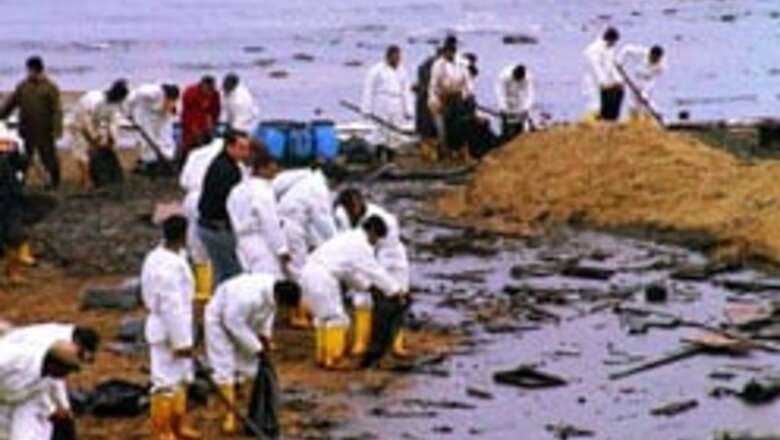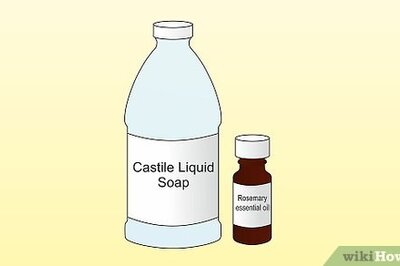
views
Kalol (Gujarat): Oil Spills are nothing short of an environmental disaster, but a scientist has found a way to clean-up the toxic sludge- though oil-eating bugs!
Slick dark waters, trapped-flailing birds and dead fish. They are enduring images of major oil spills everywhere.
The gulf war of 1991 saw the worst of environmental crisis. Dr Banwari Lal, a scientist at The Energy Resources Institute (TERI), was there after all the oil had been spilt and it changed his course of work forever.
Lal, who heads the environmental and industrial biotechnology division at TERI says, “It was amazing. There were lakes of oil everywhere. Camels and other dead animals were trapped in. Soom the Department of Biotechnology had a meeting with Indian scientists."
"We discussed that if such problem occured in India, what would we do?”
For 7 years, Lal and his team searched for ways to safely clean-up oil spills. Finally, he found a solution – a cocktail of oil-eating bacteria.
Lal says, “We selected different bugs and made a cocktail out of them and they were able to degrade oil completely. It was a breakthrough that other scientists were not able to work out”
That was how oil zapper was born.
Scientists say that 1 kg of oil Zapper today can neutralise a ton of sludge in a matter of months.
The concoction has been so effective that oil companies like Indian Oil and ONGC have partnered with TERI to use this product in their refineries.
At an ONGC in Kalol, Gujarat, the black greasy sludge has been converted to 95% clear water and soil in a matter of 6 months.
It is clean enough to even support life.
An executive director at ONCG, BM Singh says, "Last year we treated 9000 tons of sludge. We now plan to treat 20,000 tons and hopefully complete back-log for the year."
In many ways Lal's work has come a full circle. TERI now plans to take oil zapper to Kuwait to clear-up the oil slicks from 17 years ago.
Lal says, "We have demonstrated our product in Kuwait. Our microbes are faster than those of Japan and the US.
We've prequalified to clean up a 360 sq kilometer area there.
Conflict torn rigs, deep sea accidents and damaged pipelines, all come at a heavy price to people, oil reserves and the ecosystem.
Thanks to Lal's work some of that damage is finally being undone.




















Comments
0 comment